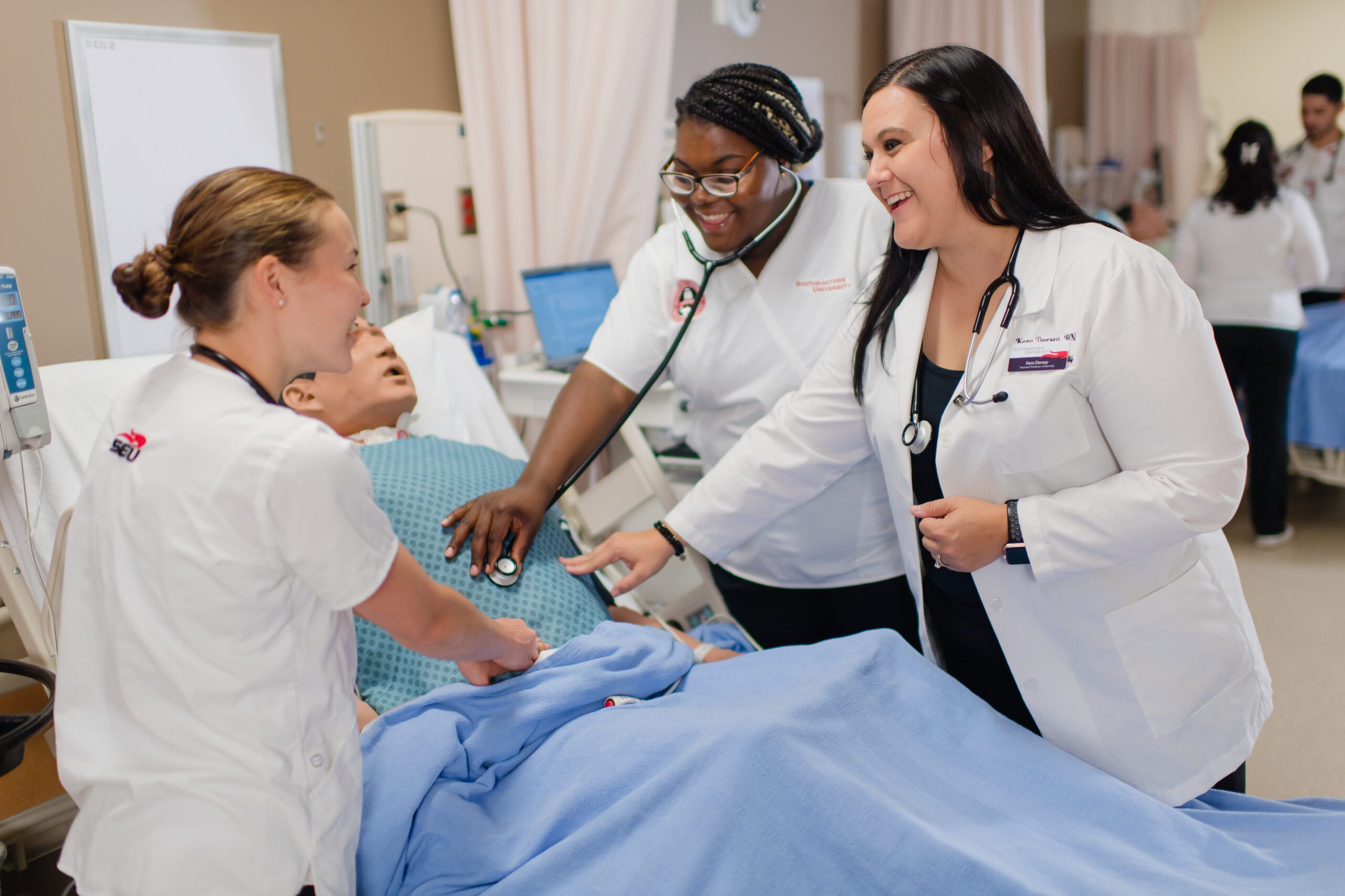
Health News
Features
-
Expanded Options
Southeastern University Introduces New Hybrid Associate’s Degree in Nursing Program by RYAN MILEJCZAK Lakeland’s Southeastern University has been offering high-quality, faith-based education to Central Florida and beyond for decades. With programs in fields like ministerial leadership, educational medicine, and business studies, they’ve helped many students achieve their professional goals. Now, SEU is hoping to help…
-
Have the Talk: Communication About Youth Suicide Can Save Lives
by TERESA SCHIFFERSponsored by Central Florida Health Care Of all the difficult or uncomfortable conversations parents need to have with their children before they’re grown, one of the most challenging subjects to broach could suicide. But silence can kill, making it absolutely vital that parents summon the nerve to open communication on this topic. Suicide…
-
Pop Quiz!
National Epidemic: Get the Facts on Childhood Obesity September is National Childhood Obesity Awareness Month. While Florida ranks 35th in the nation for childhood obesity, the problem is widespread across the country. Knowing the ins and outs of the disease is the first step to ending it. Take our quiz on childhood obesity to learn…
Columns
-
Kybella Injections Target Fat in Chin, Neck
If you’re self-conscious about the appearance of your chin and neck area, Kybella might be for you. Kybella is the commercial name for deoxycholic acid, a product that kills fat cells. This acid actually already exists in our bodies, just in the digestive system. It breaks down fats so they’re more easily digested. It can…
-
What is Bell’s Palsy?
By: Edward Attaway, O.D. Bell’s Palsy is a condition in which one side of the face typically experiences temporary paralysis, often lasting from 3-6 months. It results from a dysfunction of the 7th cranial nerve, also referred to as the facial nerve, which controls the muscles on the side of your face. Affected muscles include…
-
When Do You Visit the Doctor for Hives?
Hives are itchy patches of skin that turn into swollen, itchy welts. They can vary in size. Chronic hives are defined as hives that last for more than six weeks and return over the course of months or years. The cause of chronic hives is often unknown. These welts are caused by some reaction that…




